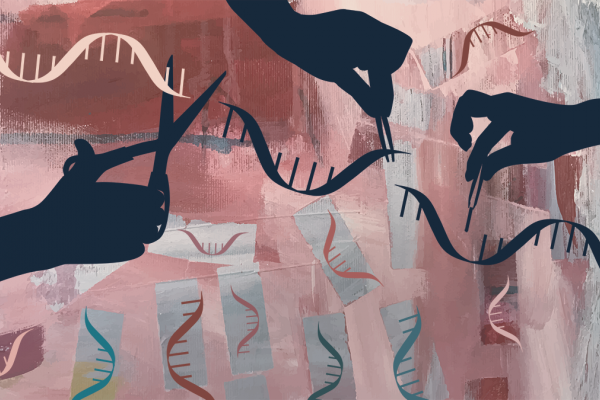AT A SCIENTIFIC conference held in June, researchers from two U.S.-based biotech companies announced they had treated 44 patients suffering from beta thalassemia — a blood disorder, found primarily in Southeast Asia and Africa, that negatively impacts the production of hemoglobin and can lead to a shortened lifespan. In its most severe forms, frequent blood transfusions are needed. After the experimental treatment, 42 of those patients no longer needed any blood transfusions. Additionally, the companies reported treating 31 patients with sickle cell disease, which disproportionately impacts populations in sub-Saharan Africa, as well as approximately 100,000 Americans. After treatment, none of these patients continued to have the recurrent painful symptoms that often lead to hospitalization.
All these patients were treated with an innovative approach that depended on the gene-editing technology CRISPR (Clustered Regularly Interspaced Short Palindromic Repeats). In the coming months, the companies CRISPR Therapeutics and Vertex Pharmaceuticals will submit these treatments for regulatory approvals in Europe and the U.K.
As people of faith, what do we need to know about CRISPR, and how might Christians respond to its ethical challenges?
Read the Full Article

